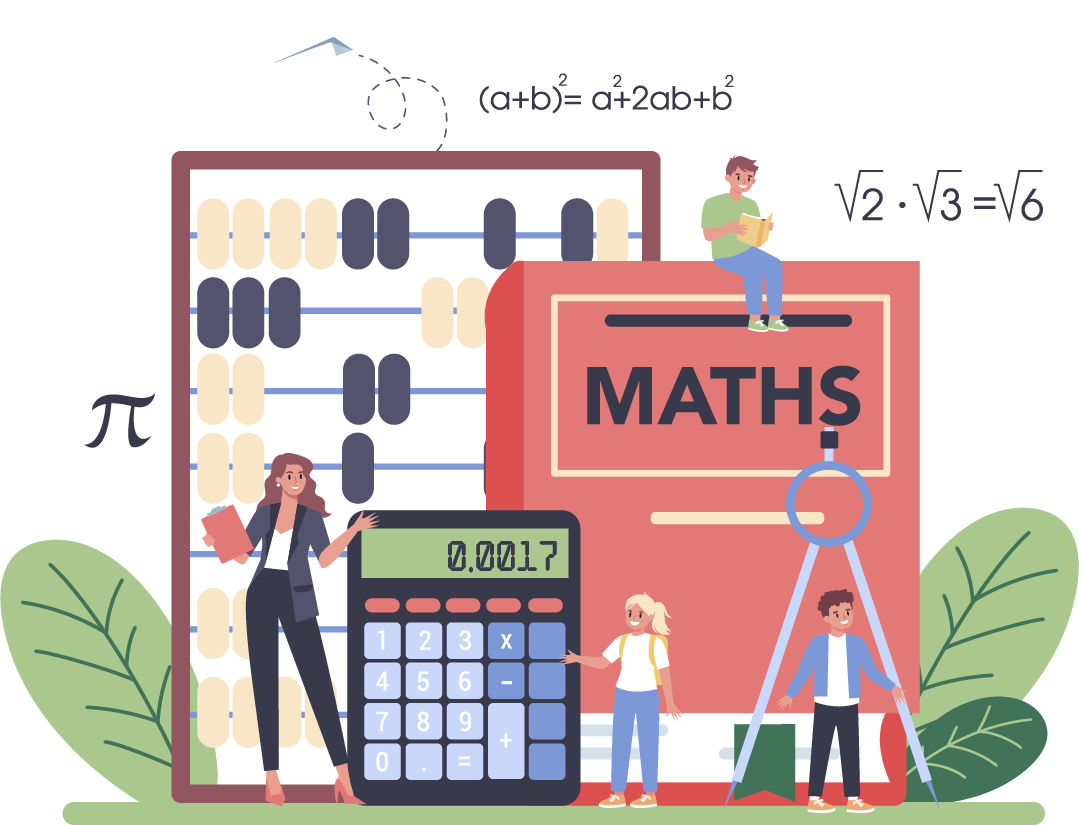You’ve made the excellent choice to pursue tutoring, either for yourself or your child! Now, the question is: how can you best prepare for the upcoming lesson, and what expectations should you have?
Maximizing your tutoring experience requires more than just showing up – active participation, effective communication, and a proactive approach to learning will optimize the tutoring session and help you achieve the best possible results.

1. Come Prepared
First things first: ensure you’re armed with essentials. Bring your pencil, notebook, and any relevant materials to each tutoring session. You can even bring a dedicated notebook for tutoring to keep your notes and insights organized in one place. This can be especially helpful when reviewing material or preparing for exams, as you won’t have to sift through various papers or notebooks to find specific information.
Before the session, take the time to review your class notes, textbooks, or past tests to identify specific topics or questions that you want to discuss. While your tutor can pinpoint the topics and parts of the material you might be struggling with as you work through practice problems together, coming prepared allows for a more productive session. This way, your tutor can not only cover the basics, but quickly hone in on the areas where you need the most support.
2. Be Engaged
Actively participate in the session by engaging in discussions, providing feedback, and sharing your thoughts. The more engaged you are, the more personalized and effective your tutoring experience becomes. Your involvement helps your tutor grasp your thought processes and tailor their explanations to your learning style. Remember, your tutor is rooting for your success!
3. No Question Too Simple
Don’t be shy about asking questions. There’s no such thing as a “too basic” question. If something’s puzzling you, chances are your classmates are wondering the same thing. So, ask away – your tutor is there to share the knowledge and help things click for you.
4. Take Purposeful Notes
Take notes on key points, explanations, and examples, but don’t stress about turning into a note-taking ninja. Jot down the “aha” moments and the nifty tricks your tutor throws your way. It’s easy to forget what you’ve heard, so make sure you write them down! These notes are your secret weapons for later study sessions.
5. Embrace Different Approaches
Your tutor might introduce various strategies – think of it as having a toolkit of study methods. Some techniques may align better with your learning style and make the material more digestible. Maybe visual aids like diagrams or charts work best for you, or perhaps you find mnemonic devices helpful in remembering complex information. Experiment with different approaches to find what is easiest to use for you.
6. Reflect for Reinforcement
After your tutoring session, take a moment to reflect. What’s clear, and what needs a bit more focus? Reflecting on your session helps solidify your understanding and prepares you for future learning.
SEE ALSO: For Students: How to Find the Best Study Habits for You

Yuki is a skilled educator with a degree in Chemistry from Carnegie Mellon University. She discovered her passion for teaching math after tutoring at an after-school program. With five years of tutoring experience, Yuki creates a supportive learning environment for students. Outside of tutoring, she enjoys trying new cuisines and playing piano.

